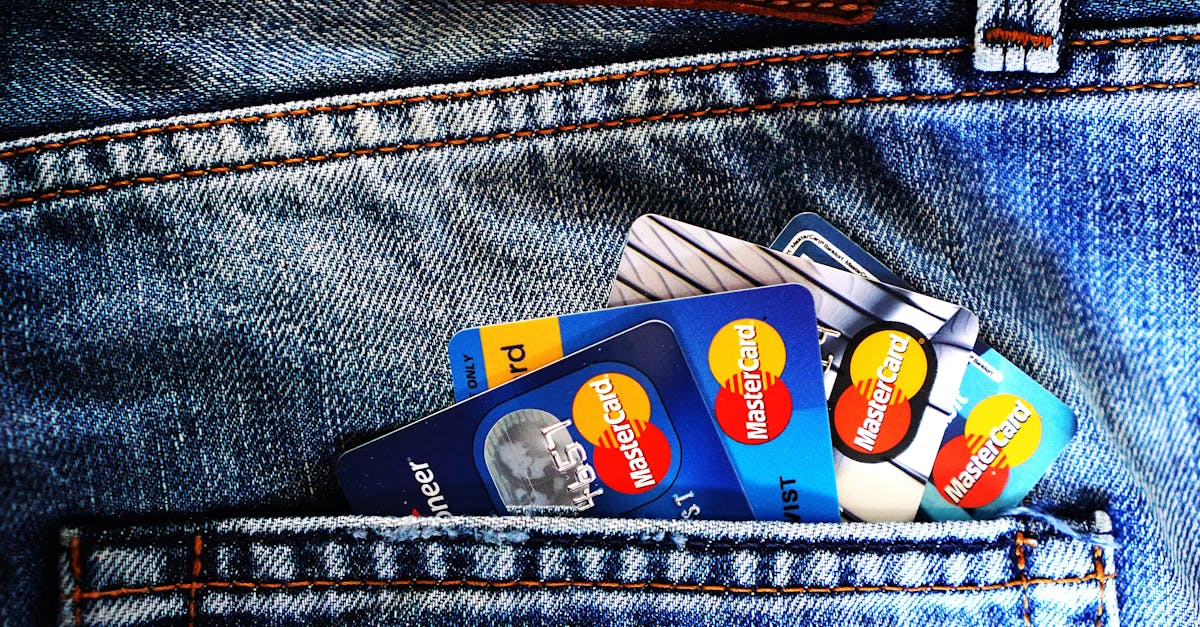Debt settlement can feel like a rollercoaster ride—thrilling at first but leaving you dizzy and wondering what just happened. After negotiating your way out of overwhelming debt, the big question looms: how long before your credit score starts to resemble something less terrifying? It’s a common concern, and understanding the timeline can help ease those post-settlement jitters.
Table of Contents
ToggleUnderstanding Debt Settlement
Debt settlement involves negotiating between a debtor and creditors to reduce the total debt owed. This method aims to ease financial burdens for individuals struggling with overwhelming debt.
What Is Debt Settlement?
Debt settlement refers to the process where a debtor negotiates with creditors to pay less than the full amount owed to resolve debts. Creditors often agree to settle accounts for less to recoup some funds rather than receive nothing. Professionals or debt settlement companies typically assist in these negotiations. Successful settlements can lead to financial relief, making it easier for debtors to manage their finances moving forward.
How Debt Settlement Affects Your Credit Score
Debt settlement can negatively impact a credit score in the short term. Settling for less than the full amount leads to entries labeled “settled” rather than “paid in full.” This status can cause a decline in creditworthiness initially, affecting future credit applications. Over time, as debts settle and new positive credit behaviors emerge, scores may improve. Maintaining timely payments on remaining debts plays a crucial role in this recovery process.
Factors Influencing Credit Score Improvement
Several factors can affect how quickly a credit score improves after debt settlement. Each aspect plays a critical role in determining the overall timeline.
Type of Debt Settled
Settling specific types of debt can impact credit score improvement differently. Secured debts, such as mortgages or auto loans, might result in a more significant score drop since lenders can reclaim the collateral. Unsecured debts, like credit card bills or personal loans, typically have less effect on the score after settlement. The nature of existing debts also shapes the timeline for recovery. Higher amounts settled may delay improvement more than lower amounts. When creditors report a debt as “settled,” it signifies the debt is resolved, but the impact on the score can vary.
Current Credit Score Status
Current credit score status significantly influences the speed of improvement. A higher initial score can result in a lighter effect from settlement, allowing for a quicker recovery. Conversely, a lower score might reflect multiple payment delinquencies, extending the time required for improvement. The gap between the settlement and re-establishment of good credit habits shapes the progress trajectory. Regular, timely payments on any remaining debts typically facilitate score recovery. Thus, an individual’s proactive credit behavior matters in this scenario.
Credit Reporting Agencies
Different credit reporting agencies may provide varying timelines for score updates. Each agency has its unique process for reflecting settled debts and changes in credit behavior. Many creditors report updates monthly, which means that improvements can take months to appear on a credit report. Timeliness of reporting might also differ by agency, affecting perceived progress in a score. Some agencies weigh certain factors more than others, impacting consumers’ scores differently. Understanding these distinctions helps individuals better navigate their credit profiles post-settlement.
Timeline for Credit Score Improvement
Understanding the timeline for credit score improvement after debt settlement can provide clarity and reduce anxiety. Several phases exist in this process, each with distinct impacts on credit scores.
Immediate Changes Post-Settlement
Individuals typically notice immediate changes to their credit scores right after settling debts. Creditors report settled debts, which often leads to a drop in scores. The reduction can range from 50 to 150 points, depending on factors like initial score and debt type. Fortunately, this is just a temporary setback. Individuals should focus on maintaining good financial practices following the settlement to facilitate future improvements.
Short-Term Effects on Credit Score
In the months following a debt settlement, minor fluctuations in credit scores may occur. Scores often stabilize within three to six months, especially if individuals make timely payments on remaining accounts. Positive behaviors, such as utilizing low credit utilization rates and paying bills on time, can contribute to gradual recovery during this stage. Credit scoring models recognize responsible management of credit, which plays a vital role in boosting scores.
Long-Term Improvements
Long-term improvements in credit scores generally transpire over several years. As settled debts age, their impact on scores diminishes. Individuals can expect more significant increases in their scores within two to three years. Maintaining a strong payment history and reducing overall debt levels enhances this trajectory. Consistency in positive credit behavior, such as keeping accounts in good standing, fosters a healthier credit profile.
Strategies to Enhance Credit Score After Settlement
After a debt settlement, adopting effective strategies significantly aids credit score improvement. Several methods exist to facilitate this process.
Monitoring Your Credit Report
Monitoring the credit report regularly proves essential. Individuals can track changes in their scores and catch any inaccuracies. Checking reports from all three major credit bureaus allows for a comprehensive view. Accessing reports for free once a year helps maintain awareness. Correcting errors promptly prevents potential score drops. Awareness of open accounts and their statuses can also encourage responsible behavior.
Building Positive Credit History
Building a positive credit history involves making timely payments on all existing accounts. Establishing new credit accounts can also contribute positively, provided they remain manageable. Using secured credit cards helps individuals demonstrate responsible credit use. Prioritizing small purchases paid off in full each month shows creditors responsible behavior. Additionally, holding a mix of credit types can enhance credit scores further. Continuous positive credit activity fosters overall score growth over time.
Utilizing Credit Counseling Services
Utilizing credit counseling services aids in navigating post-settlement financial landscapes. Counselors offer personalized advice tailored to individual situations. These professionals can recommend budgeting techniques that promote financial stability. Exploring debt management plans through counseling services can help consolidate debts, making them easier to handle. Education on credit management empowers individuals to make informed decisions. Engaging with counselors can facilitate a smoother recovery journey toward improved credit scores.
Improving a credit score after debt settlement is a gradual process that requires patience and dedication. While initial setbacks may be discouraging the path to recovery becomes clearer with consistent positive credit behavior. Individuals should focus on making timely payments and managing their remaining debts responsibly to foster improvements over time.
Regularly monitoring credit reports can help track progress and identify areas needing attention. By staying committed to rebuilding their credit, individuals can expect to see significant improvements within a few years. Ultimately, understanding the timeline and implementing effective strategies will empower them to achieve a healthier financial future.



